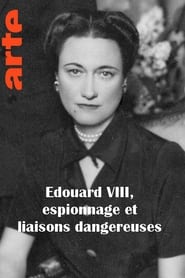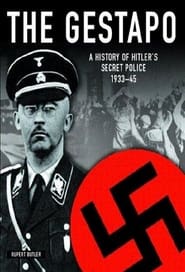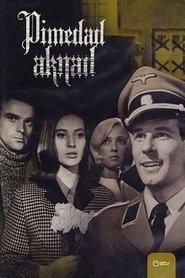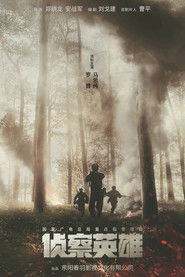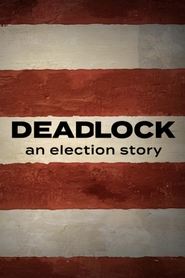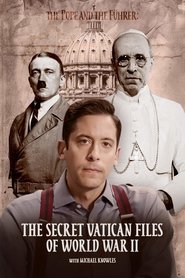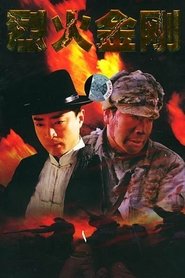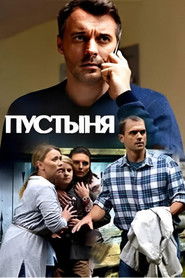War Politics TV Series - Page 104
-
Le dernier felquiste
2020
-
Miss Beauty of the West Capital
1996
Acclaimed for her outstanding beauty and intellect, Bạch Cúc is thought to have a lavish and glamourous life awaiting her in the future, but instead gets married off to the hedonistic, good-for-nothing heir of a wealthy landlord family. Refusing to tolerate the constant abuse wreak upon herself and other servants in estate, Bạch Cúc joins the Vietminh, and begins her double life operating an intricate intelligence network. -
The Gestapo: Hitler's Secret Police
2004
During the darkest days of the Third Reich, the most dreaded sound was a knock at the door after dark. Everyone who lived under Nazi rule lived in fear of the secretive agents known colloquially as "V-Men". Hitler called them his "deadliest weapon", and without them the Fuhrer's ambition could never have been realized. -
Pimedad aknad
1969
-
侦查英雄
2024
侦查英雄
2024
-
Aller Liebe Anfang
1972
Aller Liebe Anfang
1972
-
Lutung Kasarung
2004
-
Historia Roja
2017
Historia Roja
2017
-
DEADLOCK
2024
DEADLOCK
2024
Experts explore ethical dilemmas, promoting constructive dialogue about polarizing issues. -
Secrets of War
2020
Secrets of War
2020
star 6.4What happened in Latin America during World War II? With narrative agility and historical rigor, we go through the different moments of the war on four thematics: espionage, diplomacy, economy and action on the battlefront. Classified information and stories never told until today allow us to understand how Latin countries lived through the years of armed conflict. -
Thatcher: A Very British Revolution
2019
star 7The irresistible rise and dramatic downfall of Margaret Thatcher. Her inner circle reveal how a political outsider won power and dominated British life through a turbulent decade. -
England's Forgotten Queen: The Life and Death of Lady Jane Grey
2018
star 7The rise and fall of Lady Jane Grey. England's Queen for only 9 days -
The Pope and the Führer - The Secret Vatican Files of World War II
2025
Pope Pius XII, the man who led the Church through WWII, has been maligned by history as the Pope that could have stood against Hitler, but remained silent. Recent archival revelations, however, tell a different story. What is the truth? How did he respond to the Nazi threat? And who told his story? -
Reporting America at War
2003
Explores the role of American journalists in the pivotal conflicts of the 20th century and beyond. From San Juan Hill to the beaches of Normandy, from the jungles of Vietnam to the Persian Gulf, reporters who witnessed and wrote the news from the battlefield share dramatic and surprising stories. Examines the challenges of frontline reporting and illuminates the role of the correspondent in shaping the way wars have been remembered and understood. -
烈火金刚
2003
烈火金刚
2003
-
Soldiers, A History of Men in Battle
1985
The history of warfare from antiquity to the Falklands War; each episode looks at warfare from the perspective of different participants: infantryman, artillerist, cavalryman, tanker, airman, guerrilla, surgeon, logistician and commander. -
Trump & us – Wie er unsere Welt verändert
2026
Once voted out, written off countless times, convicted multiple times – and unstoppable. The comeback of the century: Trump is transforming the USA. And perhaps even the world? This documentary tells the story of an American president who stirs up and unsettles Europe with deals and harsh words. What is his strategy and what has he achieved with it so far? How is Germany responding? How is Europe faring? And what will become of the America we knew? Will the “system crasher” Trump merely dismantle bureaucracy and inefficiency – or democracy itself? -
Пустыня
2019


